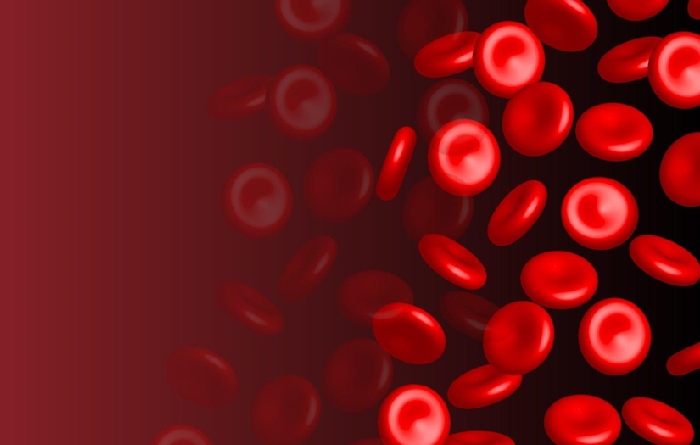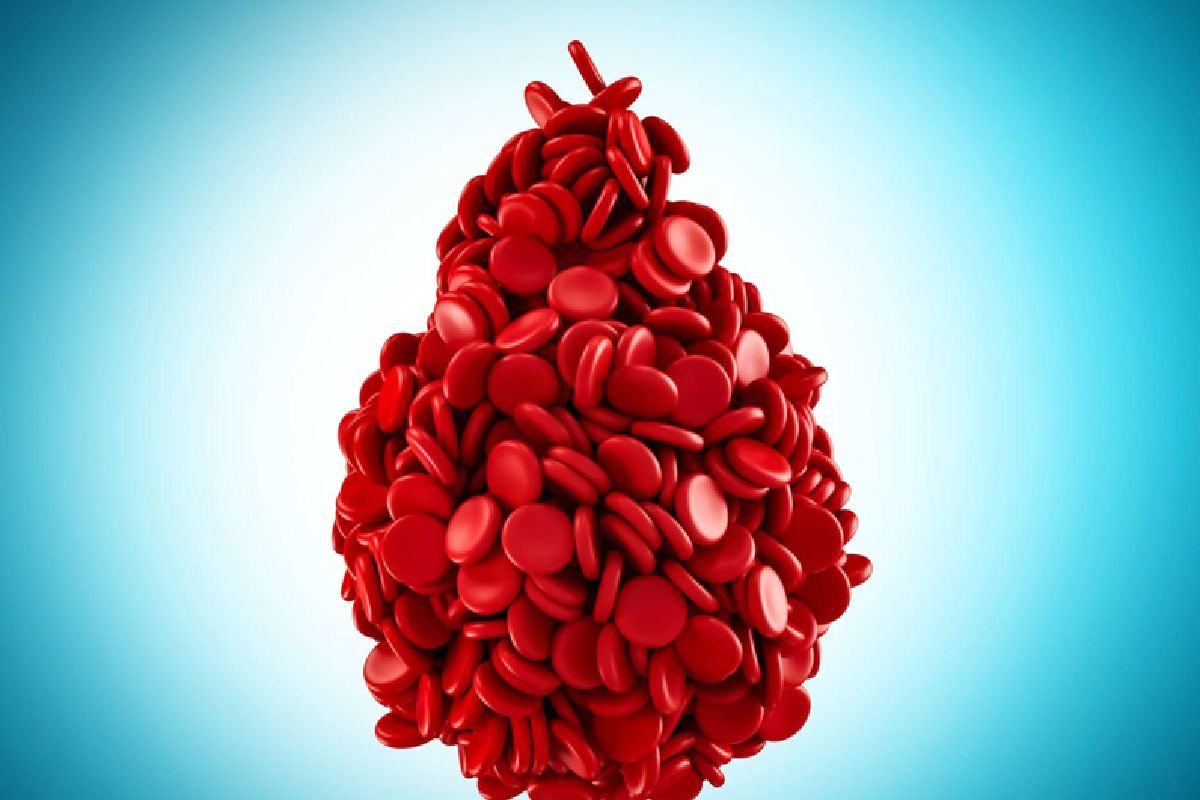Table of Contents
What is Hemophilia
Hemophilia is a genetic and inherited illness that affects blood clotting. For example: when we hurt some part of our human body and it begin to bleed, the proteins come into action to stop the bleeding. This process is called coagulation. People with hemophilia do not have these proteins and therefore bleed more than usual.
There are several clotting aspects in the blood, which act in a certain sequence. At the end of this order, a clot forms and the bleeding stops. In a person with hemophilia, one of these issues does not work. Therefore, the clot does not procedure and the bleeding continues.
Hemophilia: A Strange Genetic Evil
Hemophilia is a hereditary disease that directly affects blood coagulation and causes, among those who suffer from it, bleeding that lasts much longer than usual. Produces, in most cases, a considerable increase in bleeding risk due to the lack of proteins necessary to stop bleeding.
The first references to this disease. Date to the 2nd century AD, when some boys bled when circumcised. Later, in the 19th century, the first studies were carried out and determined its genetic disease status.
The disease causes continuous bleeding only if the patient undergoes surgery or suffers trauma in its mildest form. In moderate cases, the lack of coagulation produces certain types of fractures, while in more severe cases, bleeding can occur spontaneously.
Any bleeding poses a greater risk for those with this disease because Their blood does clot properly.
In most cases, men who acquire this condition inherited from their mothers suffer the disease. In them, the blood lacks a coagulation factor necessary to stop bleeding.
This disease into type A hemophilia. Those affected have low levels of factor 8 and type B hemophilia, in which patients do not produce enough factor 9. The most common condition is type A, accounting for about 85% of cases worldwide.
What Are The Symptoms Of Hemophilia?

Among the symptoms of hemophilia, we can highlight:
- Bruises
- Bleeding In Muscles And Joints.
- Bleeding That Arises Without Any Trauma Or Apparent Reason.
- Frequent Bleeding In The Mucous Membranes, Such As The Nose And Gums.
- Purple Marks And Lesions On The Body That Appear For No Reason And That May Have Been Caused By Bleeding Under The Skin.
- Severe Pain And Restriction Of Movement In Places Such As The Knees And Ankles, Due To Internal Bleeding.
- cuts that take a long time to stop bleeding.
Also Read: Neuxam Tablet- Definition, Uses, Side Effects, And More
What causes Hemophilia?
Hemophilia by contagion. This disease by a change in one of the genes located on the X chromosome, which is why it mainly affects men, while women tend to carry the alteration.
To understand it better, we must clarify that women have two X chromosomes, one inherited from their father and their mother. In contrast, men have an X chromosome inherited from their father and a Y chromosome inherited from their mother.
Now, the X chromosome has many genes not present on the Y chromosome. Men have only one copy of the genetic factor on the X chromosome, while women have two copies. Therefore, men can have the disease if they inherit the affected X chromosome.
Thus, the sons of a father with hemophilia will be healthy while his daughters will inherit the deficient copy of the X chromosome but not develop the disease. In the case of the sons of carrier women, they have a 50% chance of suffering from hemophilia. And the daughters have a 50% chance of being carriers.
Types of Hemophilia
Hemophilia is classified into types A and B. People with Hemophilia type A are factor VIII (eight) deficient. People with type B hemophilia are factor IX (nine) deficient. Bleeding is the same in both types, but the severity of bleeding depends on the amount of factor present in the plasma (liquid that represents 55% of the total blood volume).
Bleeds:
Usually, bleeds are internal, that is, inside your body, in places you can’t see, like in your muscles. They can also be external, on the skin, caused by an injury with purple spots or bleeding. The mucous membranes (such as the nose, gums, etc.) can also bleed. Bleeding can either arise after trauma or for no apparent reason. Skin cuts take longer to stop bleeding.
Treatment:
Treatment is done with intra-venal replacement (through a vein) of the deficient factor, but for the treatment to be complete, the patient must undergo regular examinations and never use medications that are not recommended by doctors.
IMPORTANT: Only duly qualified doctors and dentists can diagnose diseases, recommend treatments and prescribe medication. The information available in Health Tips is for educational purposes only.

